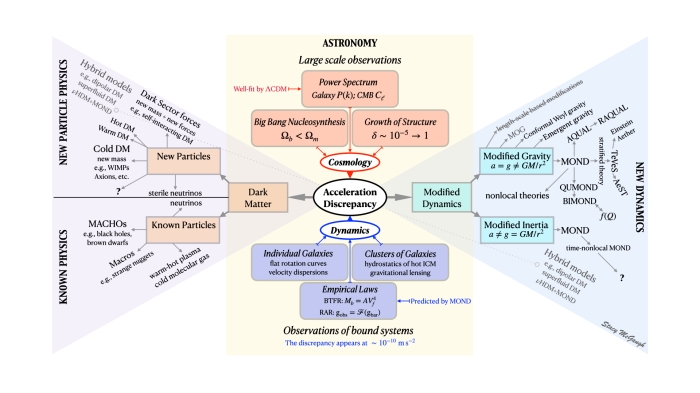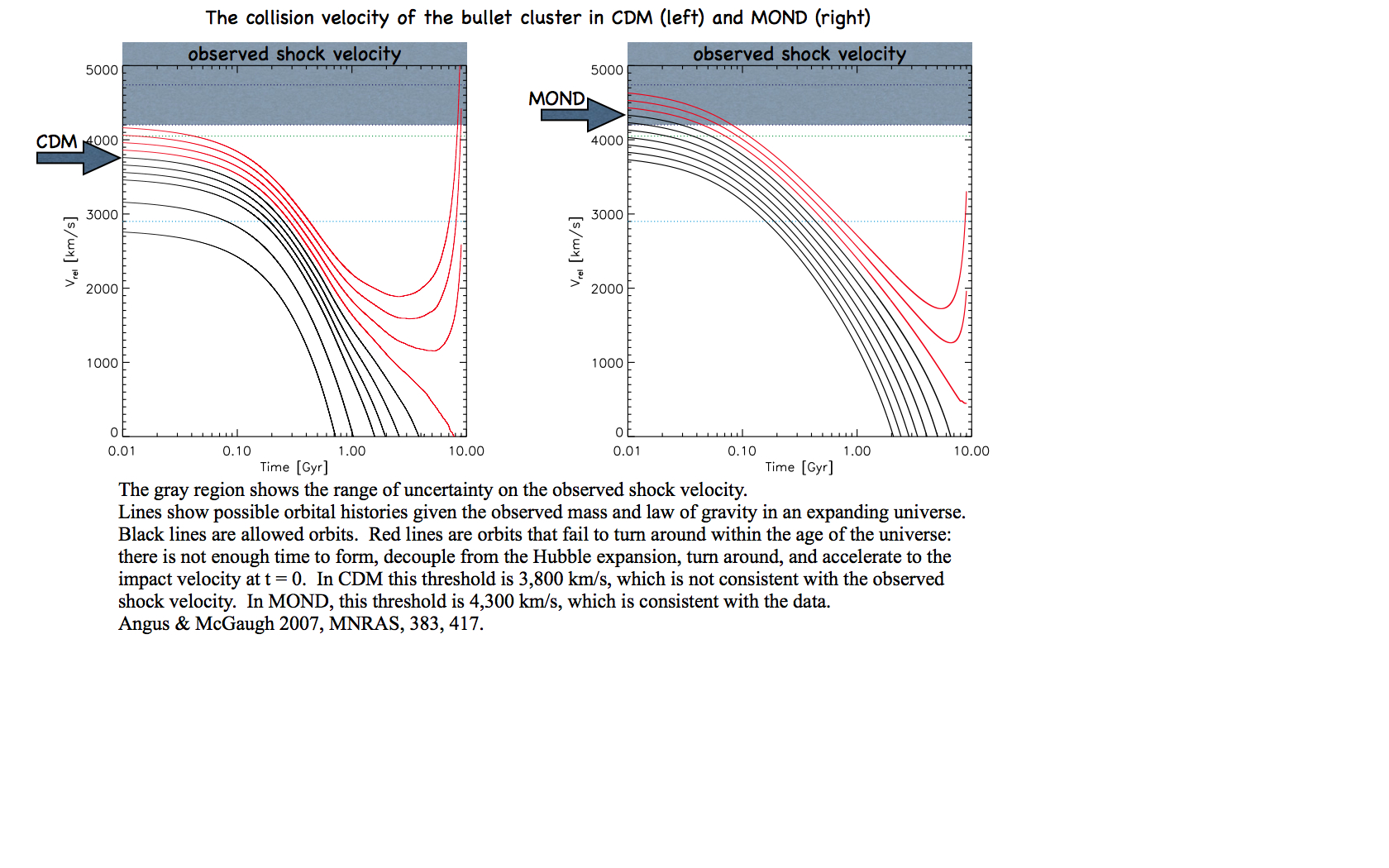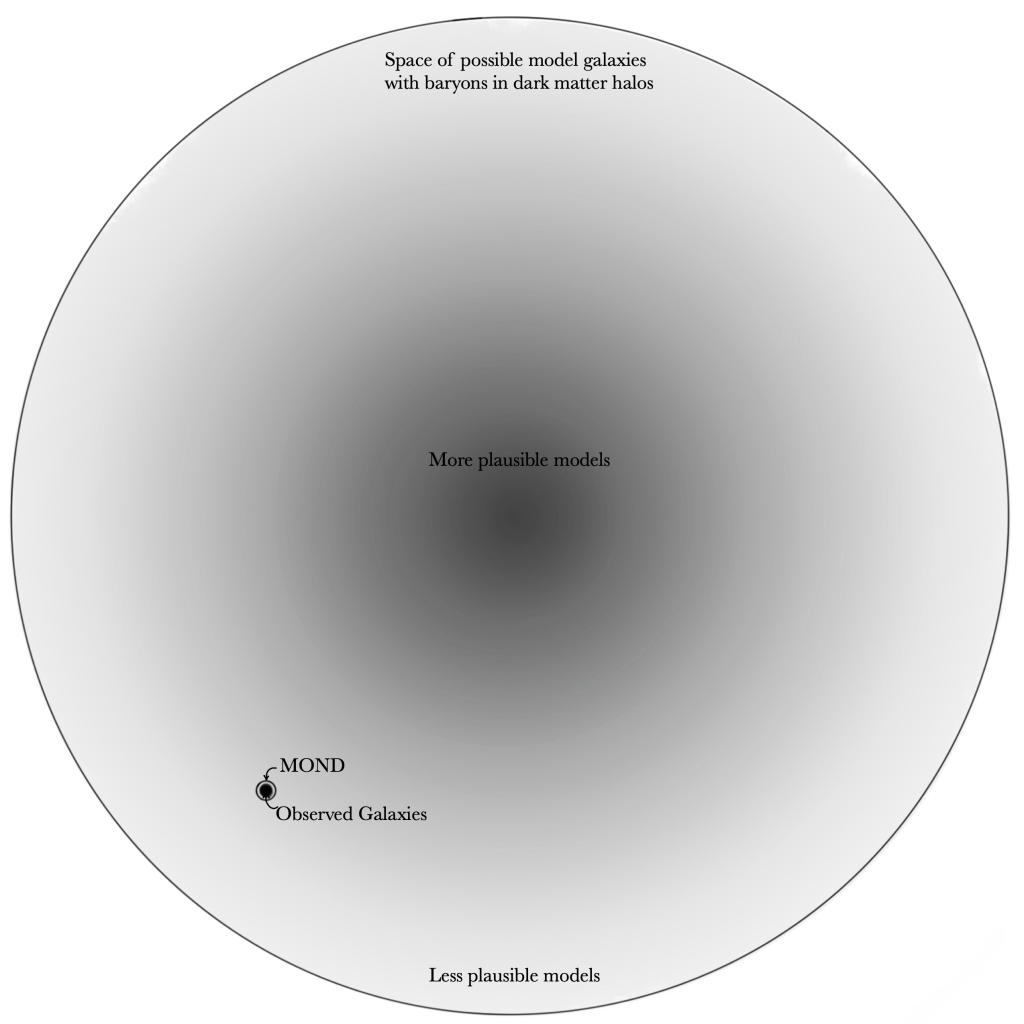
Last time, I commented on the developing situation with binary stars as a test of MOND. I neglected to enable comments for that post, so have done so now. Indranil Banik has shared his perspective on wide binaries in a talk on the subject that is available on Youtube, included below. Indranil and his collaborators are not seeing a MOND effect in wide binaries. Others have, as I discussed in the previous post.







